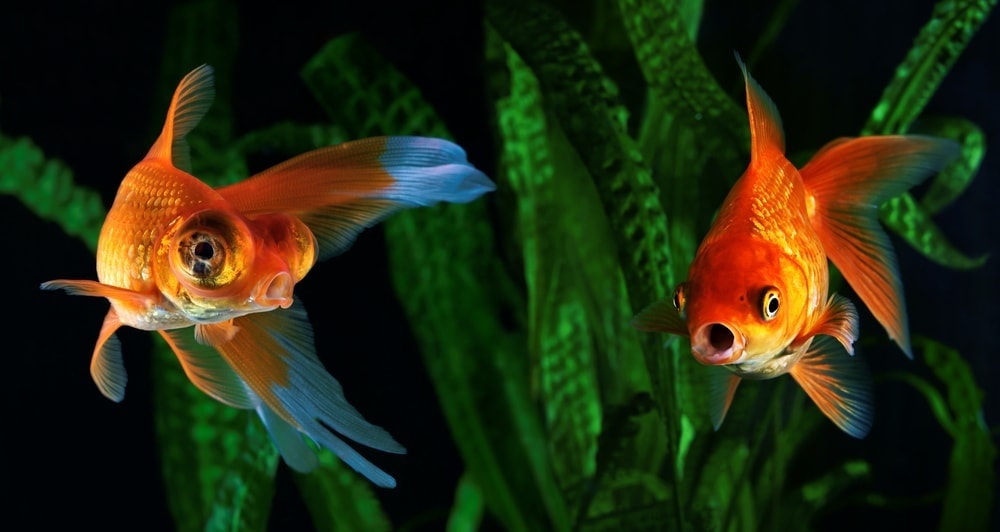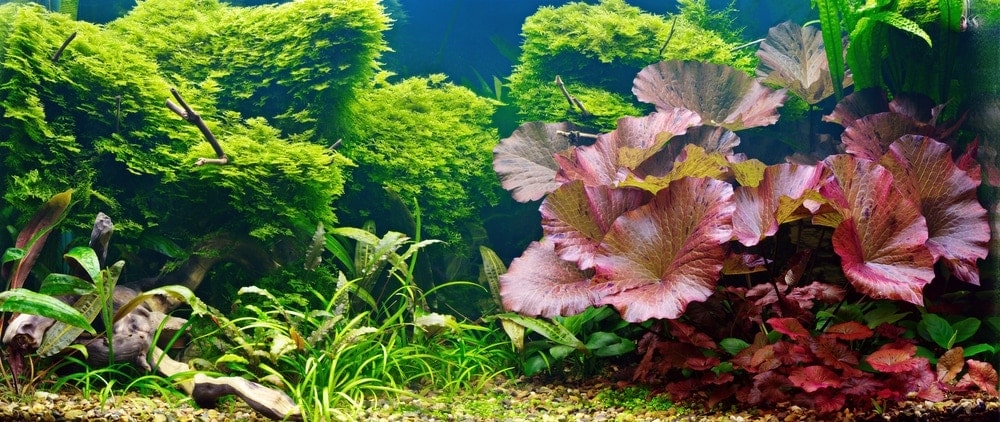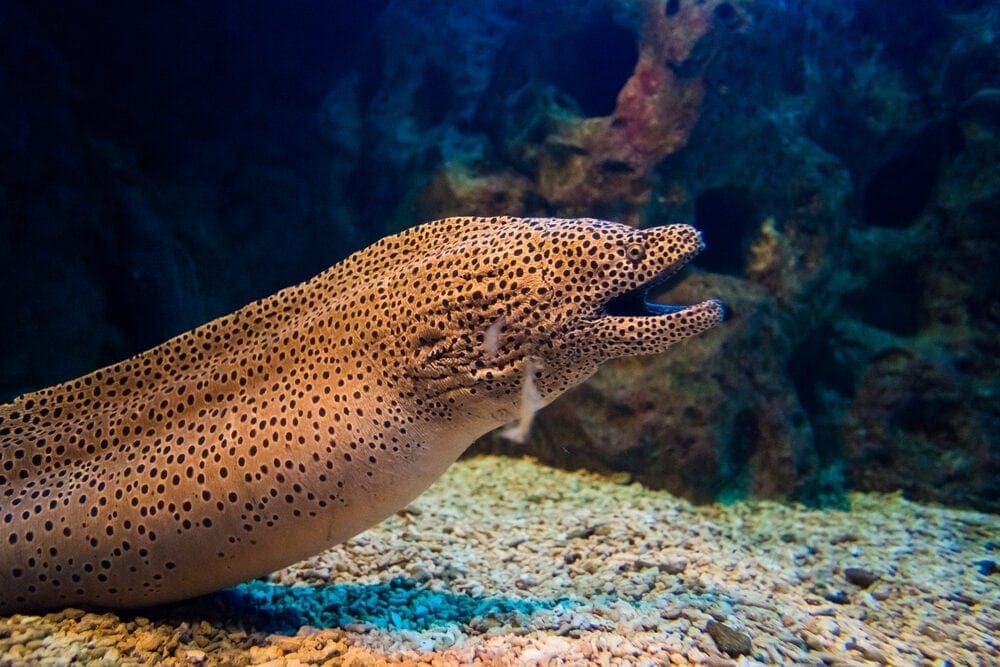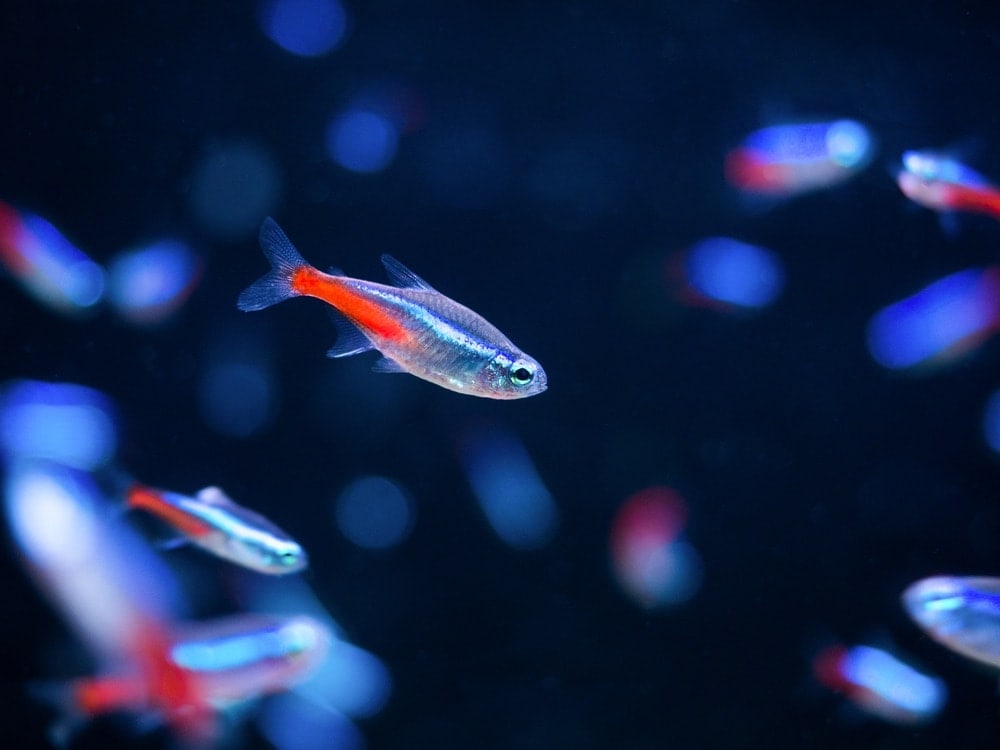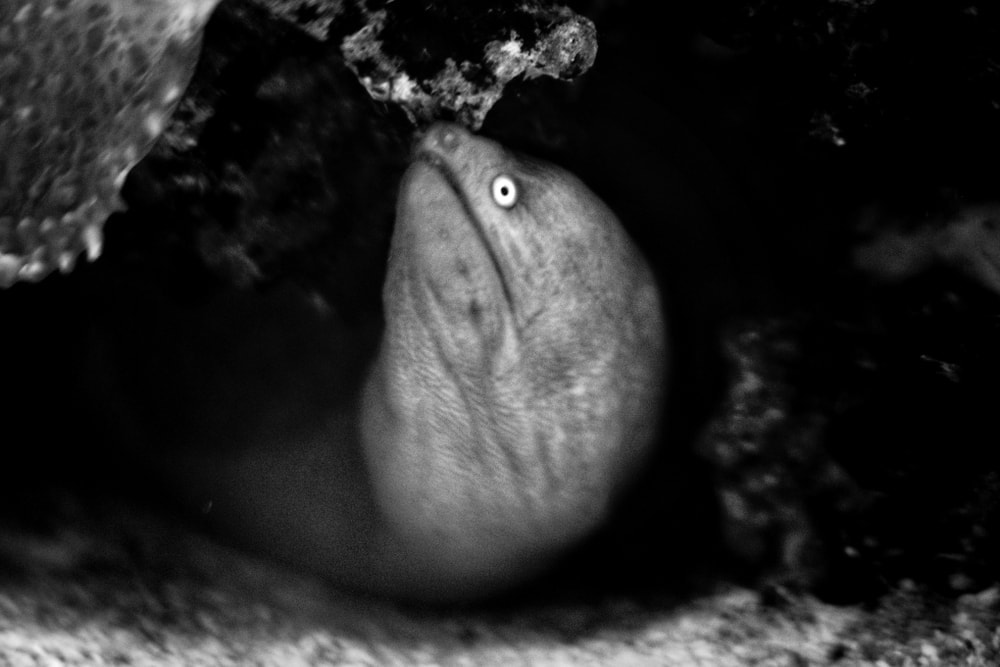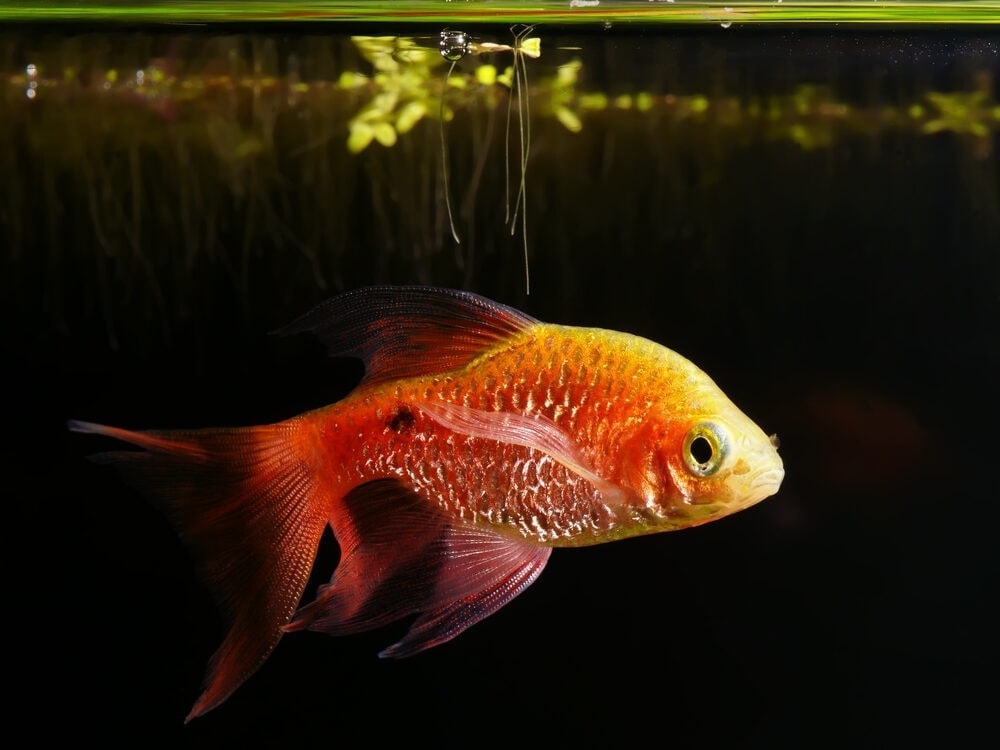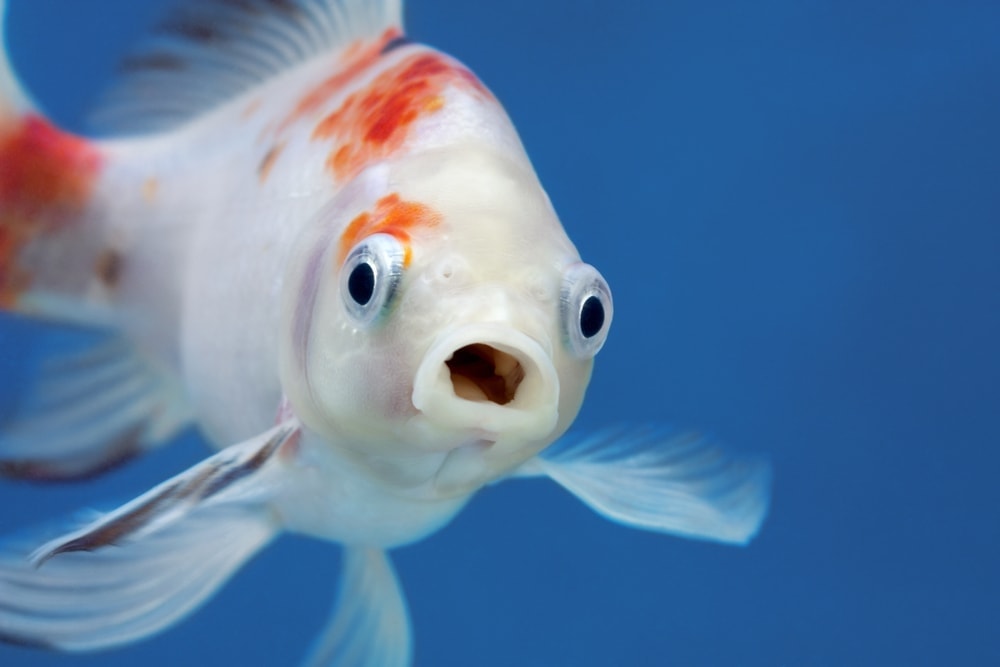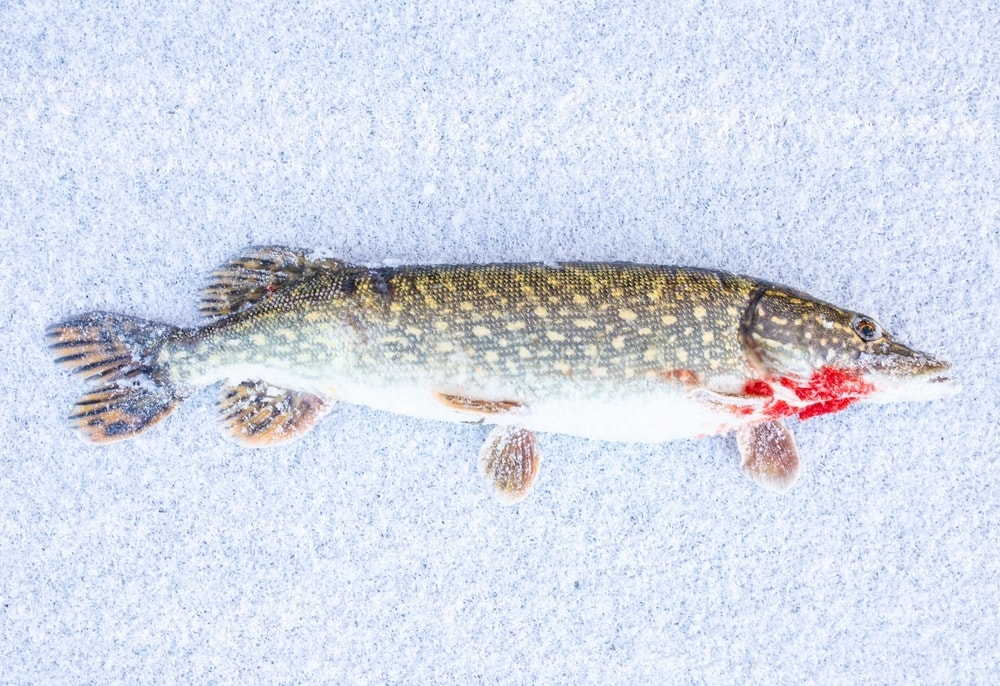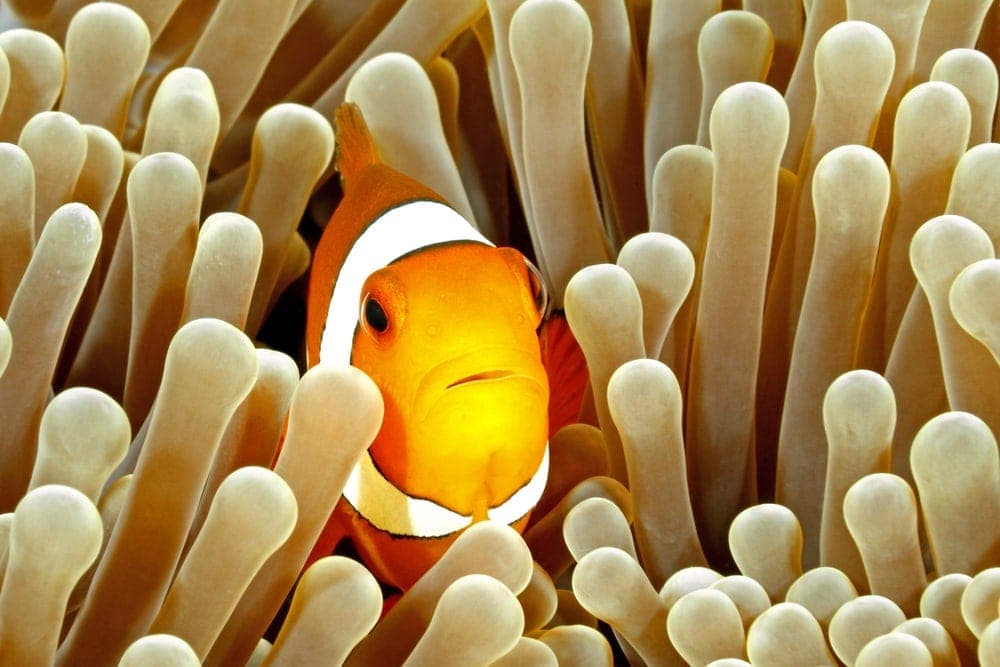Have you ever been curious if fish can vomit? Maybe you have seen something similar your fish do but have doubts if it is the vomiting process or something different? Like any, other alive creature fish have lots of processes in their bodies.
Occasionally it’s possible to notice, among other behaviors, that a fish not eating or hunting out what it has eaten and you are curious if it’s vomiting. Let’s find out together if fish can vomit in this article.
Do Aquarium Fish Vomit?
Yes, fish do vomit and some feel that vomiting is normal because all living things vomit. The most common reasons are overfeeding and stress. As well one of the possibilities can be disease or infection. Although fish do vomit, they do not do it frequently and in reality, they rarely do vomit.
When they do vomit, it can be in several ways. They can vomit digested or large chunks of food. It is crucial to know which it is so you can decide if it is serious.
Why Do They Vomit
1. Food
This is when they vomit out large chunks of food, which generally happens when they have just put food in their mouth and then wants to take it right back out.
They may want to save the food for later or they were not able to digest it in one bite. They would let the food out, take it back in, and chew and digest it. They use this method to break down the food better so they can eventually digest it.
2. A Stressor
For a fish, a stressor can be a variety of things such as aggressive fish sharing their aquarium, overcrowding, unfavorable environment, and more. If the fish senses a stressor, it will try to swim away if it can as this is a natural response.
In the wild, a stressor of the fish would be a predatory fish so swimming away would be a natural response. If the fish wants to swim quicker it will help if their stomach is empty so that is why they might vomit.
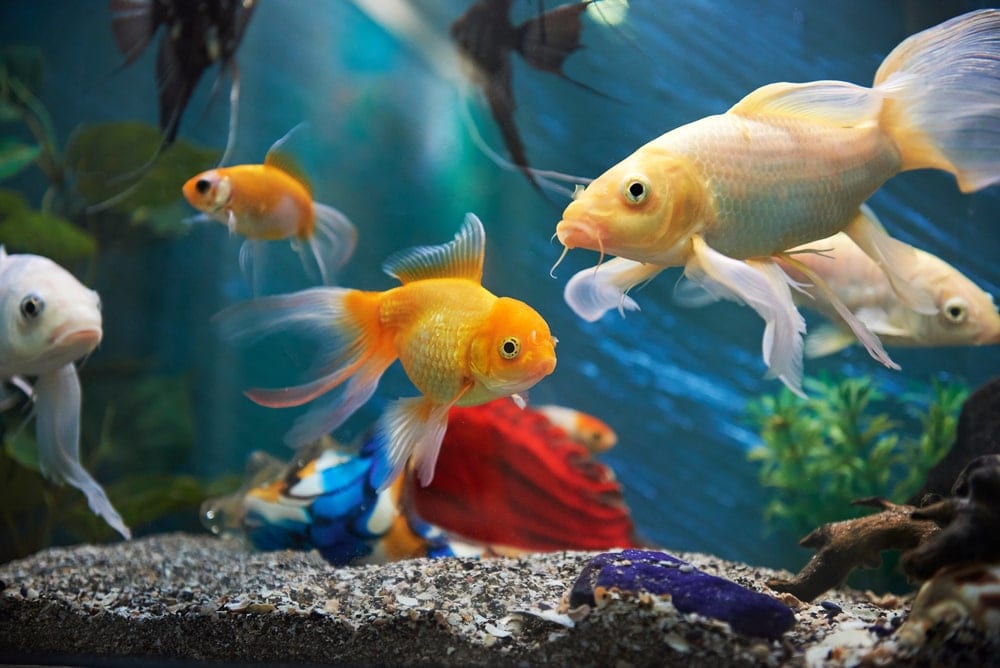
3. Disease
There are many diseases that a fish might have, depending on the species. One dangerous disease is called Hexamita, which is responsible for lateral line and head erosion and will eventually lose their appetite and become emaciated. Most diseases will have other symptoms so you need to observe your fish and have them treated accordingly.
Identifying What the Vomit Is
- Food That They Re-eat: When they vomit it out and immediately re-eat it, it just means that they are trying to digest their food. They may have also just eaten too much in one bite.
- Large Chunks of Food: When the fish is vomiting out large chunks of food, you can generally rule out any disease. When they do this it is because there is a stressor around or they are just trying to digest their food. To understand which it is, you will have to observe their behavior.
- Large Chunks of Food and not Re-Eating: If they are vomiting out large chunks of food and not re-eating it is probably due to a stressor. Observe your fish and see if they are showing any other signs of fear or stress, such as swimming quickly away, not moving, sticking to one corner, or a fish is sticking to close to them and acting aggressively.
- Digested Food: This is a sign of a stressor or pathogens (disease). If it is due to disease there should be other signs or symptoms of the disease. If you think they are sick, it is best to move them to a separate aquarium so they do not infect the other fish.
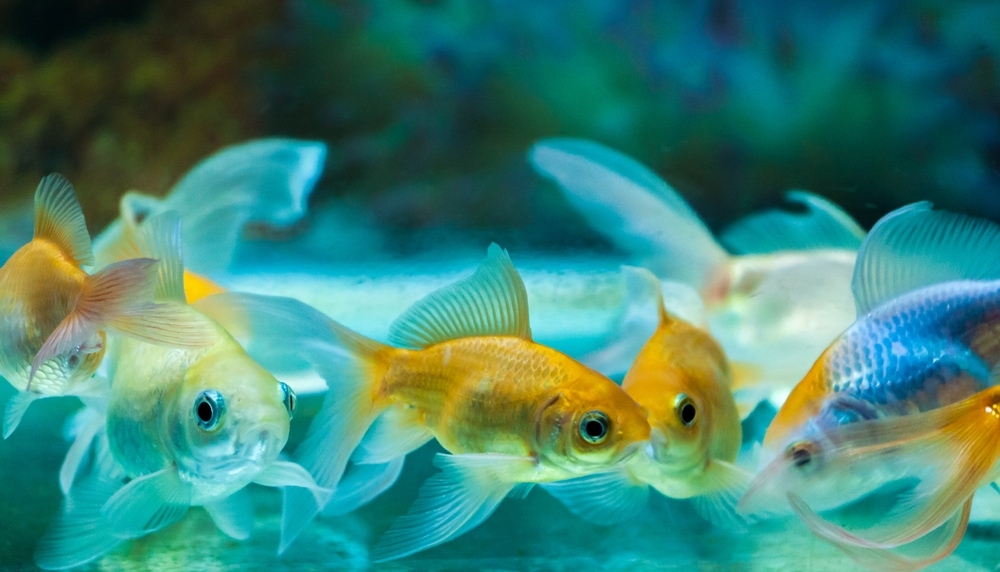
What to do When a Fish Vomits
- Eating too Much Food: If this is the case it could be due to the fact that the fish feels there is competition for food so you may need to give them more food.
- Re-digested Food: When your fish is vomiting re-digested food it could be that the diet you have them on is not adequate. You can change what you are feeding the fish, cut up the food into smaller pieces to help the fish be able to digest it better or find something that your fish might like better.
- Stressor: The first thing to do is to find out what the stressor is. It will take some time and patience to figure it out because the stressor could be many things. Watch to see what the fish does after it vomits. Is the fish swimming away quickly? Are there other fish close by that could be aggravating it or being aggressive toward them? Have you put something new in the aquarium that they are not used to? Once you figure out what the stressor is, then you can deal with it and make your fish feel safe.
- Illness: If the reason is that your fish is getting sick, it could be that the water or aquarium is making them sick and not a disease. Make sure that you do regular clean-ups of the aquarium as you do not want it to have high levels of contamination. Make sure it is the right temperature, the pH level is right, no leftover food to contaminate the water, and more. Treat the fish if it is some type of disease.
General Causes of Vomiting and how to Prevent It
- Temperature: If the temperature in their aquarium fluctuates a lot it can cause sickness, stress, and vomiting. Make sure that the temperature stays steady and is not too hot or too cold for the fish you have. Be sure that you do not have your aquarium near an air conditioner or heat vent that would make the temperature go up and down.
- Water Quality: Make sure that the pH is around 7.0, which is typical for tropical fish but could be different for the fish you have. You also need to check for nitrites and ammonia. To keep your fish from vomiting, this needs to be correct.
Conclusion
- Vomiting in fish is not abnormal behavior
- You can ignore the vomit unless it comes out in entirely liquid.
- Do watch your fish make sure that it is due to binge-eating and not something else.
